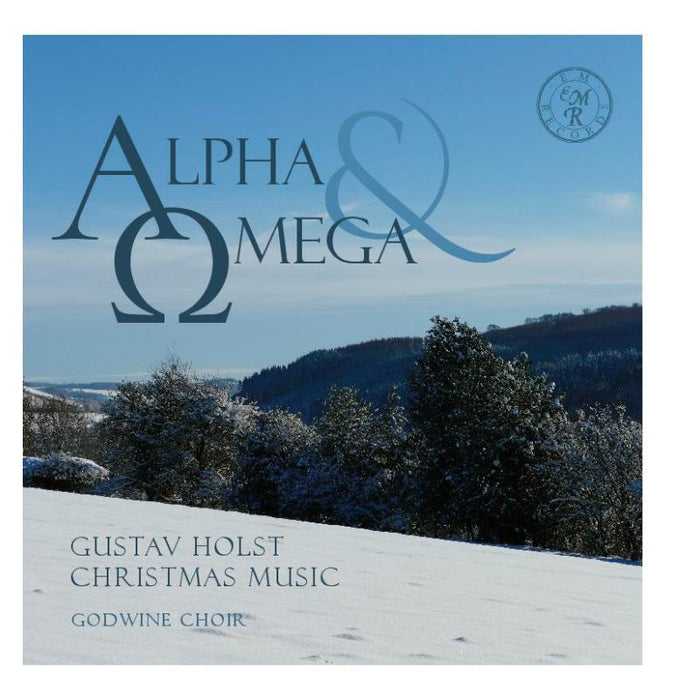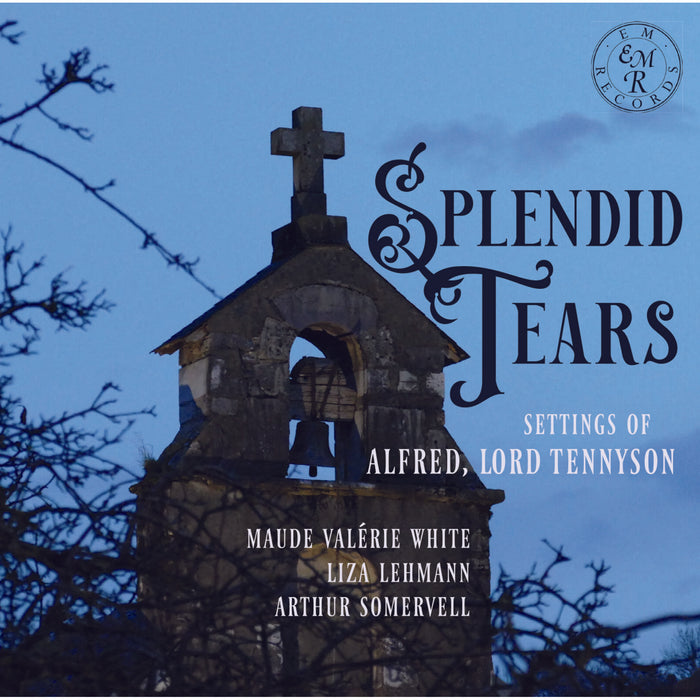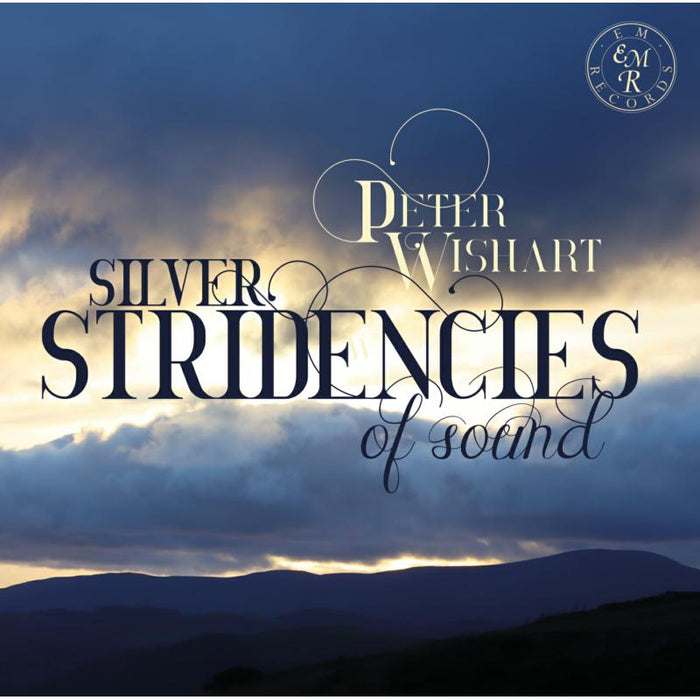Description
The masterful songs of Peter Wishart (1921-1984) were sadly neglected following his death. The Jackdaws Educational Trust, founded by his widow, has sought to remedy this, and the centenary of his death prompted a revival of his songs, most notably in the London Song Festival's offering, Three Unsung Geniuses. In this new EM Records release, Silver Stridencies of Song, baritone Jeremy Huw Williams and pianist Paula Fan present a chronology of 22 of Wishart's solo songs, dating from three of the first extant offerings of 1952 to a song from his final set, published in 1977.
Although Wishart composed much instrumental repertoire, writing easily for a variety of combinations, the voice figures largely in his oeuvre. First recognised for his choral works, his five operas earned wide-spread praise. Stravinskian in sonority, with a harmonic language firmly wedded to tonality, his more than 60 songs were written mostly for people whose voices he knew, but like Strauss and Grieg who both married singers, Wishart eventually drew inspiration from his third wife, mezzo-soprano Maureen Lehane.
Wishart's choice of texts was enormously wide ranging, worthy of a voracious reader who frequently copied down poems to set. His library apparently contained not only works of the major British poets, but poetry by lesser known writers as well as some unusual anthologies. Listeners will be treated to evocative memories of an earlier England, philosophical and sometimes terrifying musings on animals and nature, and his lyrical yet individual treatment of Biblical and Shakespearean lyrics.
As the few extant articles on Wishart all attribute neglect of his work to his embrace of a conservative style at a time when music in Britain was moving away from his favoured focus on tonality, the inclusion of theFour Pieces for Violin and Piano, dating from 1948, performed by Timothy Kantor with Fan at the piano, provides a flashback to Wishart's student beginnings as a pupil of Nadia Boulanger. This premiere CD recording invites the listener to discover the kaleidoscopical musical world of this very private and somewhat enigmatic composer.









